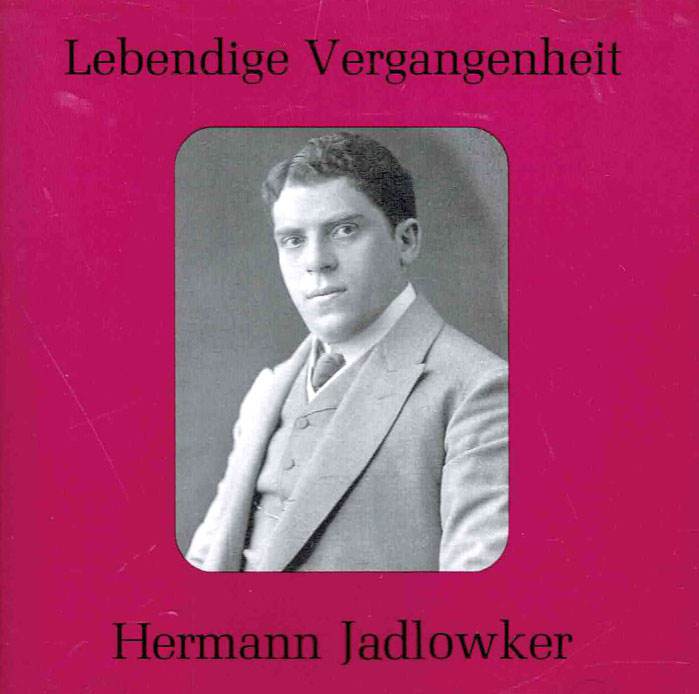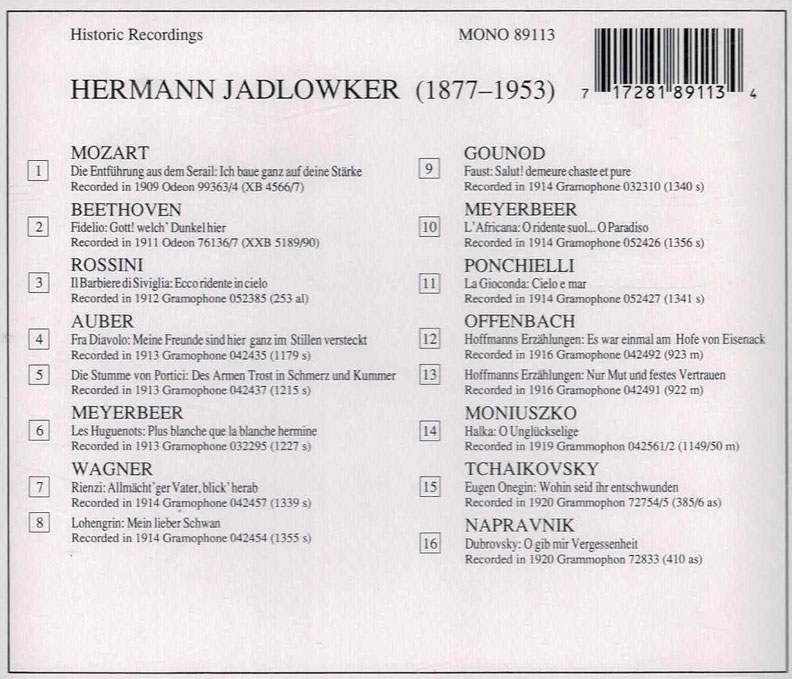Logowanie
OSTATNI taki wybór na świecie
Nancy Wilson, Peggy Lee, Bobby Darin, Julie London, Dinah Washington, Ella Fitzgerald, Lou Rawls
Diamond Voices of the Fifties - vol. 2
Tylko 1000 egzemplarzy!!!
DVORAK, BEETHOVEN, Boris Koutzen, Royal Classic Symphonica
Symfonie nr. 9 / Wellingtons Sieg Op.91
nowa seria: Nature and Music - nagranie w pełni analogowe
Petra Rosa, Eddie C.
Celebrating the art and spirit of music - vol. 3 - Pure
warm sophisticated voice...
Peggy Lee, Doris Day, Julie London, Dinah Shore, Dakota Station
Diamond Voices of the fifthies
Tylko 1000 egzemplarzy!!!
SAMPLER - STS DIGITAL, Buddy Tate, Milt Buckner, Walace Bishop
Jazz Masters - Legendary Jazz Recordings - v. 1
proszę pokazać mi drugą taką płytę na świecie!
Chesky! Niezmiennie perfekcyjny
Winylowy niezbędnik
ClearAudio
Double Matrix Professional - Sonic
najbardziej inteligentna i skuteczna pralka do płyt winylowych wszelkiego typu - całkowicie automatyczna
MOZART, BEETHOVEN, ROSSINI, AUBER
Hermann Jadlowker - Historic recordings

- MOZART
- BEETHOVEN
- ROSSINI
- AUBER
Lebendige Vergangenheit
Hermann Jadlowker, one of the most renowned tenor stylists of the 20th century, was born in Riga on July 20, 1877 the son of the merchant Moshe Baruch Jadlowker. Already at an early age his outstanding musical talent was evident. He learned to play the violin and sang in the boys' choir in the main synagogue in Riga. This choir was directed by Baruch Leib Rosowsky and was famous for its homogeneous blend and intonational accuracy. Several important vocal talents, including the baritone Joseph Schwarz (1880-1926), were originally members of Rosowsky's choir. Jadlowker's vocal talent soon aroused more attention than his orthodox parents deemed proper. They were particularly disinclined to encourage their son to go onto the stage. When the 16-year-old plucked up courage to audition at the municipal theatre in Riga he was recommended to have his voice trained professionally and to go to Vienna, at the time the EI Dorado of vocal training. The young man packed his bags and contacted Josef Gänsbacher (1829-1911), Professor at the Vienna Conservatoire and famous throughout the musical world as a vocal pedagogue of genius. Jadlowker passed his audition and started studying at the Conservatoire. After six weeks, however, the Viennese police took charge of him and sent him back to Riga as he did not have valid papers. His father, impressed by his son's determination and convinced by the references concerning his son's talent, was no longer a hinderance. After a four-year study period with Gänsbacher and musico-dramatic tuition from August Stoll, an erstwhile singer and subsequently director of the Vienna Hofoper, Jadlowker was engaged at the Cologne Opera. In 1899 he made his debut as Gomez in Kreutzer's opera „Das Nachtlager in Granada". Subsequently he sang in Königsberg, Rostock and Stettin but not until he returned to'Riga (debut role there: Lyonel in „Martha") was he truly successful. Hermann Jadlowker became the favorite of the local public and remained a member of the ensemble for five years. In 1906 he was engaged as 1. tenor at the Ducal theatre in Karslruhe, where he remained for a lengthy period of time, frequently, however, making guest appearances in Budapest and the Vienna Court Opera (1908, 1909). During these years he augmented his repertoire by some heavier roles - including Otello - yet he continued to sing Belcanto roles like Almaviva in „Barbiere". In 1910 he was engaged to appear at the Metropolitan Opera where he made his debut as Lohengrin (February 11, opposite Fremstad, Soomer and Homer). The following day he sang Turiddu (opposite Destinn and Gilly). Further roles that season were Max in ,,Freischütz", Faust, Canio and Cavaradossi. In the 1910/11 season he sang Rodolfo, conducted by Toscanini (opposite Farrar, Alten, Scotti and Pini-Corsi) and Pinkerton (Farrar and Scotti) and again appeared as Cavaradossi, Faust, Turiddu, Canio and Alfredo. On December 28, 1910 he sang the world premiere of Humperdinck's „Königskinder", opposite Geraldine Farrar. At the special request of Kaiser Wilhelm II, who had heard the tenor in Karlsruhe, Jadlowker was eventually engaged to join the ensemble of the Berlin Court Opera. His contract stipulated a six-year period but left him sufficient time to pursue his many guest appearance obligations. During his third and last season at the Met, Jadlowker took part in the American premiere of ,,Lobetanz" (Thuille) on November 18, 1911 and in „Versiegelt" (Blech) on January 20, 1912. A further premiere was the role of Florindo in Wolf-Ferrari's ,,Le Donne curiose" on January 3, 1912. In that season Jadlowker also sang Lohengrin, Faust, Rudolfo and Pinkerton. He also regularly appeared in Boston. In Berlin Jadlowker's roles included Florestan, Don Carlos, George Brown, frequently also Tamino as well as the other great Mozart roles. On October 25, 1912 he sang Bacchus in the world premiere of „Ariadne auf Naxos" in Stuttgart. Max von Schillings was the conductor, his partners were Maria Jeritza and Margarethe Siems. Other roles in his repertoire were Eleazar in ,,La Juive" and Parsifal. Apart from his operatic roles - virtually the complete lyric and heroic repertoire, he was also acclaimed as a concert, Lied and operetta singer.





























